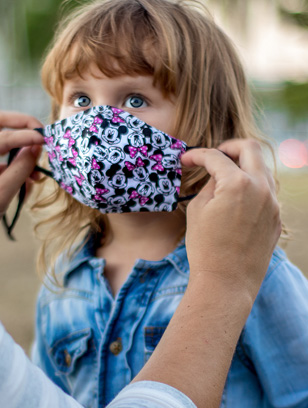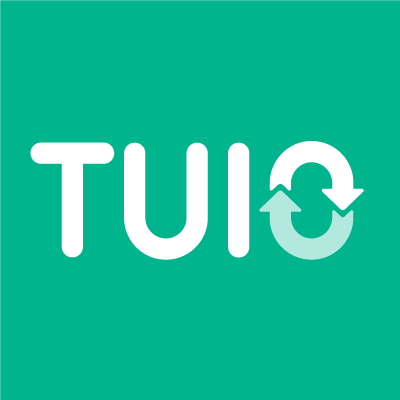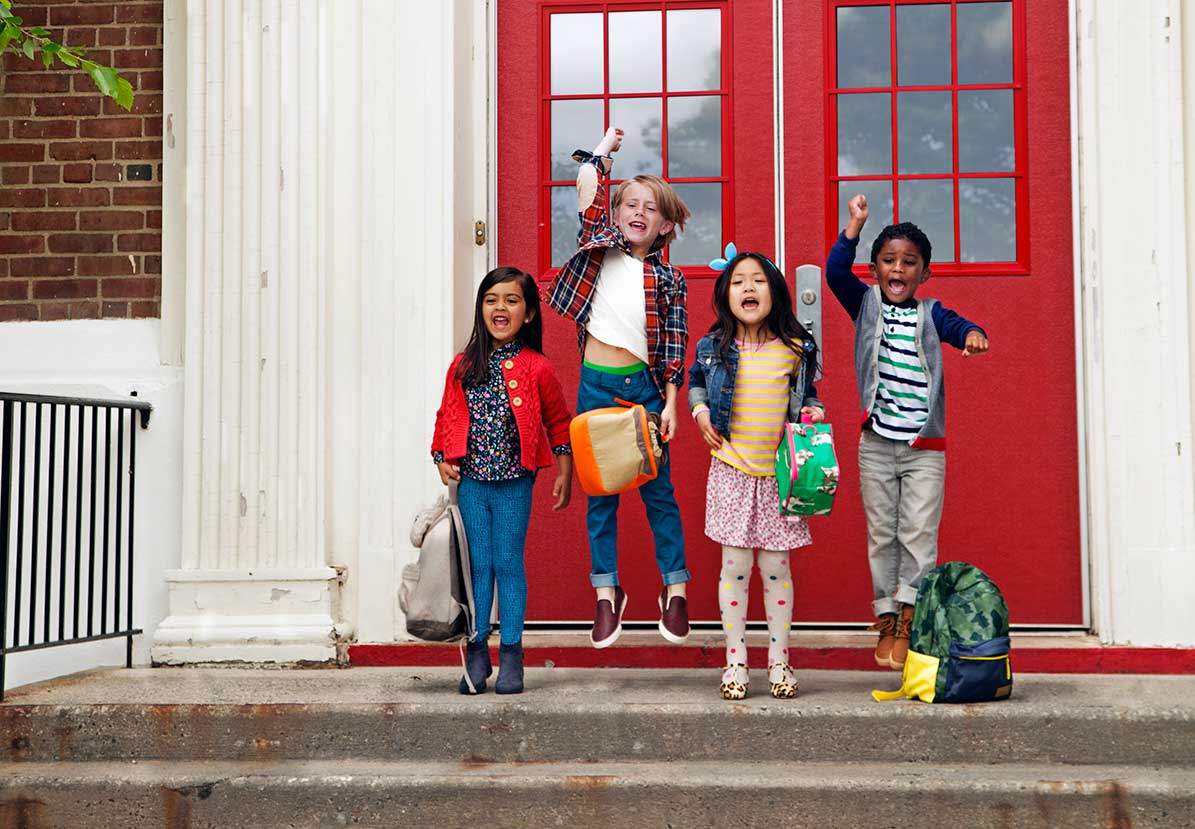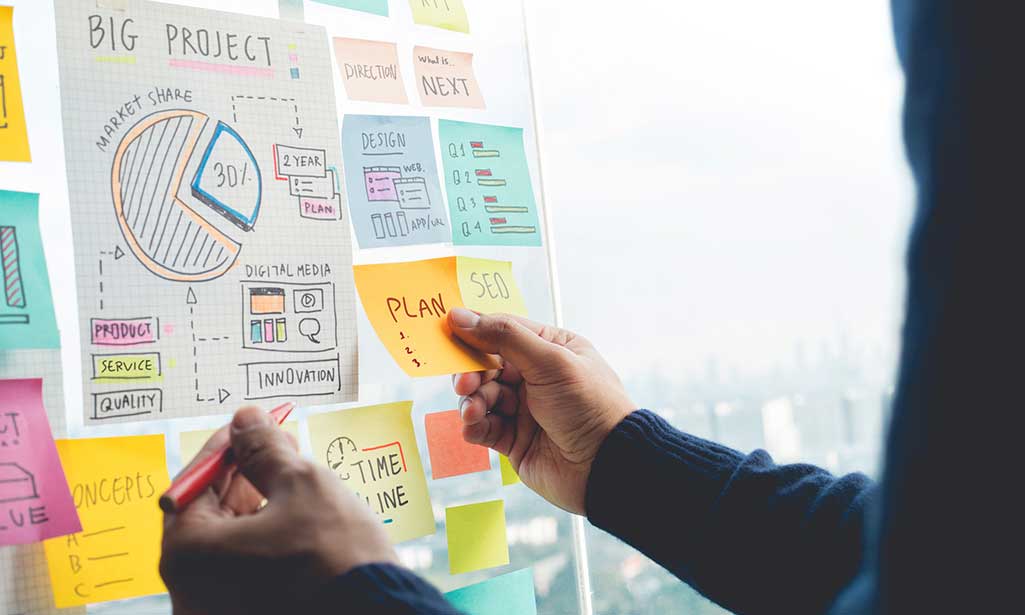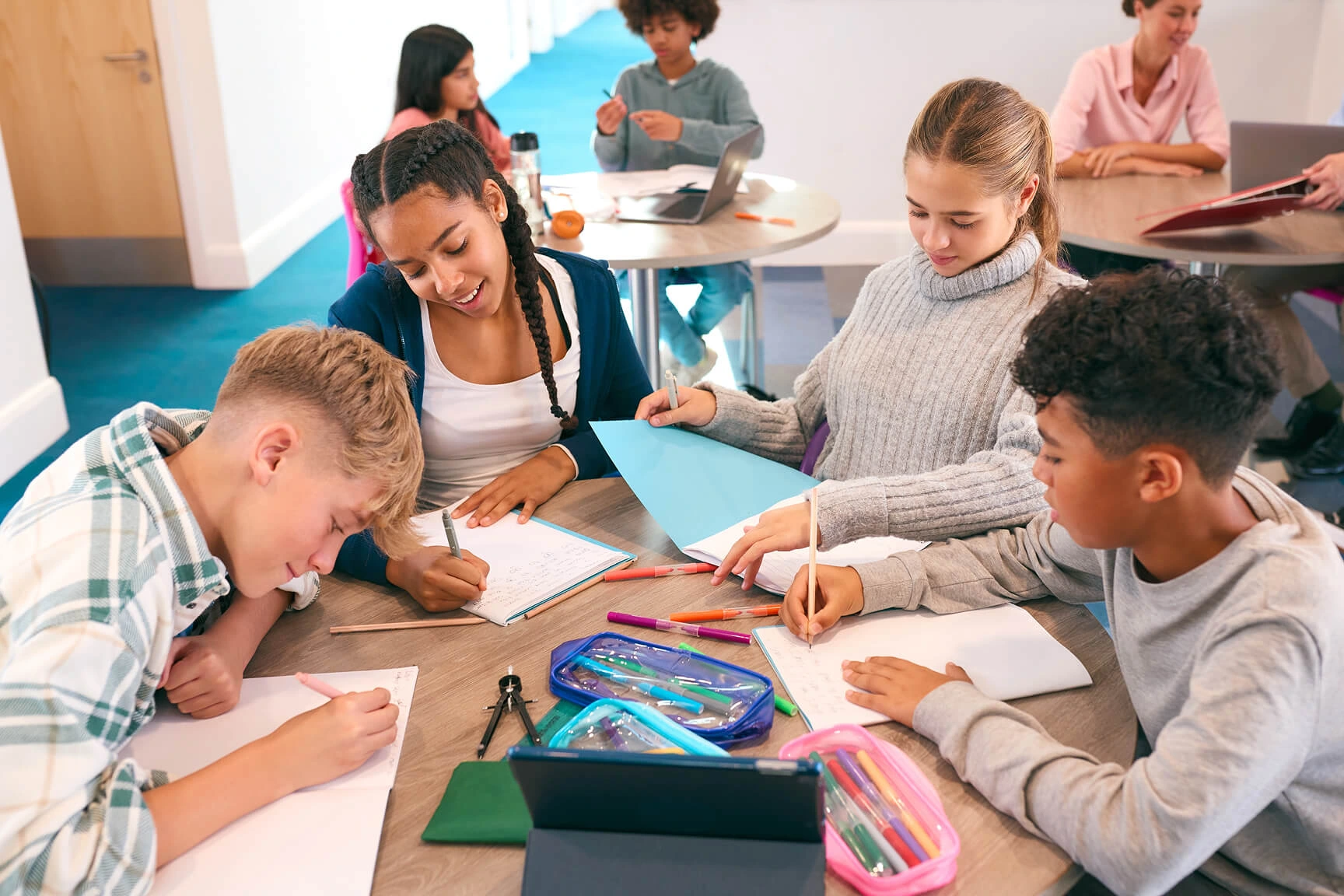The global pandemic known as COVID-19 has affected every area of life, with perhaps the most dramatic impact on education. Global Director for Education Jaime Saavedra called it “the largest simultaneous shock to all education systems in our lifetime.” Although we frequently discuss how COVID-19 has changed elementary and secondary schools, the topic of COVID-19 and early childhood education is often overlooked.
However, childcare programs stand among the hardest-hit and least supported industries, despite the fact that they provide essential needs to children, families, and society.
Effect of COVID-19 on Early Childhood Education
COVID-19 has profoundly impacted early childhood education and the educators who work with children during this critical period of development.
Although childcare providers have played a key role in supporting other essential industries during the crisis, most have struggled, and many have shut down. The effects of COVID-19 on early childhood education include:
- Temporary shutdown (for many)
- Declining enrollment
- Insufficient government funds
- Physical risk (close contact with children necessary)
- Limited essential supplies
- Higher costs due to new health and safety measures, staffing needs, etc.
Most childcare providers operate on razor-thin margins during the best of times, making it a struggle to stay afloat during the coronavirus pandemic. It’s also challenging to find cleaning supplies, keep classrooms with young children adequately clean and safe, and maintain enough staff to social distance.
According to the Bureau of Labour Statistics, childcare workers earn an average of $23,760 annually. Many of the individuals who care for and educate our youngest children earn poverty wages and rely on government assistance. And now, many of these individuals are out of work. Those who continue working endure high risks and high stress for low pay.
The Importance of Early Childhood Education
The importance of many industries and workers has been highlighted by COVID-19, and early childhood education should be no exception. Not only do early childhood educators meet vital needs for children and families, but they also keep our economy and society functioning.
Importance for Children
From ages 0-5, children experience a critical period of brain development. During this time, the brain develops more than at any other time in a person’s life. The quality of a child’s early experiences and education shape the child’s ability to learn and succeed for a lifetime.
And what is the most important influence on a child’s brain development? The child’s earliest relationships with the adults in his or her life. Caring, responsive relationships are essential to a child’s early brain development. While these relationships start at home, they extend to the child’s interactions with those who provide care when Mom and Dad are away.
Young children also need plenty of opportunities to play and explore in safe and stable environments. They need to be spoken to, read to, played with, and exposed to various books, songs, and sensory experiences.
For up to 40 hours a week, children and their families rely on childcare workers to provide the fundamental needs that shape a child’s life trajectory.
Importance for Families and Society
In addition, childcare workers make it possible for families to go to work and earn an income. Without childcare, adults with children cannot maintain stable employment. Without a reliable workforce, the economy will not return to normal and certainly won’t flourish.
Early childhood education and early childhood educators are a necessity for children, families, businesses, and the economy as a whole. Public investment in childcare is an investment in the health and wealth of our entire society.
Managing the Effects of COVID-19: Self-Care Tips for Early Childhood Educators
It’s abundantly clear that early childhood educators deserve more recognition, more respect, more support, and more pay. In the meantime, affirm to yourself that you are doing one of the most important jobs in the world. And despite all of the challenges in your profession—and the newer, more difficult challenges you’re facing now—you are doing the very best you can with the resources you have.
As an early childhood educator, you’re used to putting the needs of others before your own. But it’s so important to take care of yourself too. Here are a few self-care strategies to try:
- Eat nutritious meals, get adequate sleep, and exercise (even for 20 minutes a day).
- Find relaxing, enjoyable activities and make time for them as often as possible.
- Stay connected with your friends and family, and reach out to them when you need extra support.
- Talk to coworkers or other early childhood educators about your highs and lows.
- Write in a journal, meditate, or listen to calming music.
- Remember your “why”: the laughter of toddlers, smiles from a baby, the knowledge that you’re shaping a positive future for the children in your care. Try to find these moments of joy throughout your day.
- Practice calming strategies like affirmations or deep breathing to turn to during stressful moments. Try breathing deeply while telling yourself, “I’m safe. I can handle this.”
Final Thoughts: COVID-19 and Early Childhood Education
Early childhood educators, we see you and we thank you. Your work with children is both incredibly difficult and incredibly important, now more than ever.
Every day, the work you do wires children’s brains for happy and successful lives. It empowers parents to go to work and earn an income knowing that their children are in good hands with you. And it sustains the workforce that our economy and our society need to function. It’s not a stretch to say that early childhood education makes the world go round.
In the face of the COVID-19 pandemic, more people are beginning to recognize that you and your work are vital. We hope that in the future this means better support, better resources, and better pay. Until then, know that you are making a huge difference for children, families, and the world. Treat yourself with kindness, practice self-care, and stay connected with loved ones.
With everything you’re doing on a daily basis, these tips may ring hollow. After all, the early childhood education system needs to change at a structural level, and “take deep breaths” won’t accomplish this goal. But focusing on the inner resources that you can control will help you maintain your physical and mental health, regulate your stress levels, and face each day as your best and most brilliant self.
